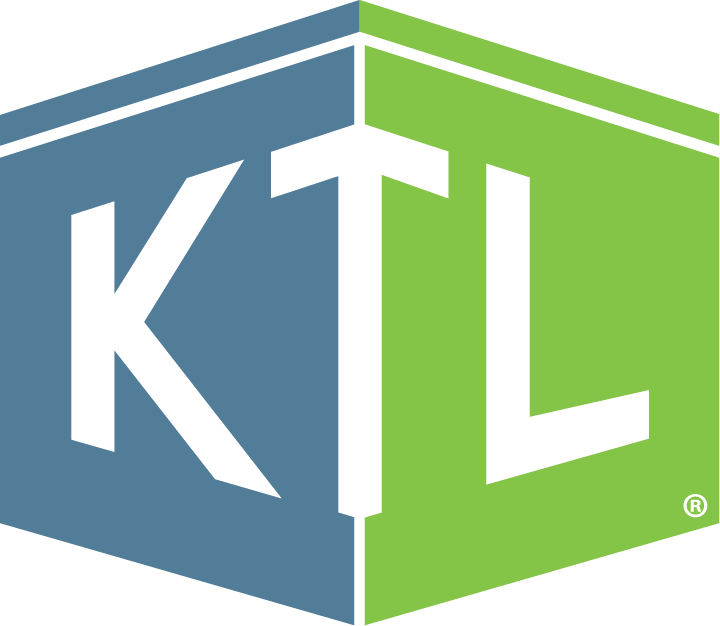
Food Safety
Comments: No Comments
Compliance with the Food Safety Modernization Act (FSMA) has presented a new and difficult challenge for the industry, the public, and the FDA since it passed on January 4, 2011. When it comes to the Preventive Controls Rule, the prime question for companies, regardless of size, is whether they have aligned their preventive controls development with existing HACCP programs to meet current FSMA requirements.
Overview of Requirements
Under the Preventive Controls Rule, registered food facilities must evaluate and implement preventive control provisions to meet the requirements and the compliance deadline. The most urgent concerns for companies subject to the Preventive Controls Rule include developing a Preventive Controls Program, identifying a Preventive Controls Qualified Individual (PCQI), and implementing a Food Safety Plan.
The following areas are all included under the FSMA Preventive Controls Rule:
- Hazard Analysis. Companies must identify and evaluate known and reasonably foreseeable hazards.
- Preventive Controls. Preventive controls must be implemented to significantly minimize or prevent the occurrence of hazards.
- Monitoring. Preventive controls must be monitored for effectiveness.
- Corrective Actions. Procedures for addressing failures of preventive controls and prevention of affected food from entering commerce are required.
- Verification. Facilities are required to verify that preventive controls, monitoring, and corrective actions are adequate.
- Recordkeeping. Records must be kept for two years.
- Written Plan and Documentation. A written plan must document and describe procedures used to comply with requirements.
- Qualified Individual. A Qualified Individual who has been adequately trained must be present at the facility to manage the preventive controls for the site and the products processed and distributed at/from the site.
Failure to implement preventive controls (a/k/a Hazard Analysis and Risk-based Preventive Controls (HARPC)) for qualified sites may result in fines and possible jail sentences.
Key Questions
The following questions can help organizations assess their compliance with the Preventive Controls Rule and better determine their current state of planning for FSMA compliance:
-
- In determining the appropriate preventive controls under FSMA for your food operation, have you evaluated your compliance requirements and categories?
- Have you assessed hazards outside or not part of your existing HACCP flows for determining preventive controls?
- Are the preventive controls you have identified supported by science-based justification?
- Is the science-based information supported by means such as statistical methods, published reports, peer review, industry/second-party verification, or other documentation?
- Have you determined the program requirements for preventive controls for implementation in your Food Safety Management System (FSMS), as required by the FSMA Food Safety Plan requirement?
- Have the cGMP-based policy, procedure, work instruction, test/validation, forms, and records criteria been established for preventive controls at your food operation(s)?
- Have you determined the functional organizational responsibilities of preventive controls, your preventive control Food Safety Plan, and Qualified Individual?
- Does organizational responsibility include oversight by process owners of preventive controls and comprehensive FSMA management?
- Will completion of your program, as documented with cGMPs and a validated Food Safety Plan, meet FSMA and customer deadlines?
- Will internal auditing of program elements meet established timing and allow for preventive control and Plan verification and management review?
Companies must have their training, planning and development underway to comply or face possible violations, fines, and penalties under FDA enforcement. These questions will help identify the areas in need of attention to ensure that companies have aligned their preventive controls development with existing HACCP programs to meet requirements and any pending deadlines.
